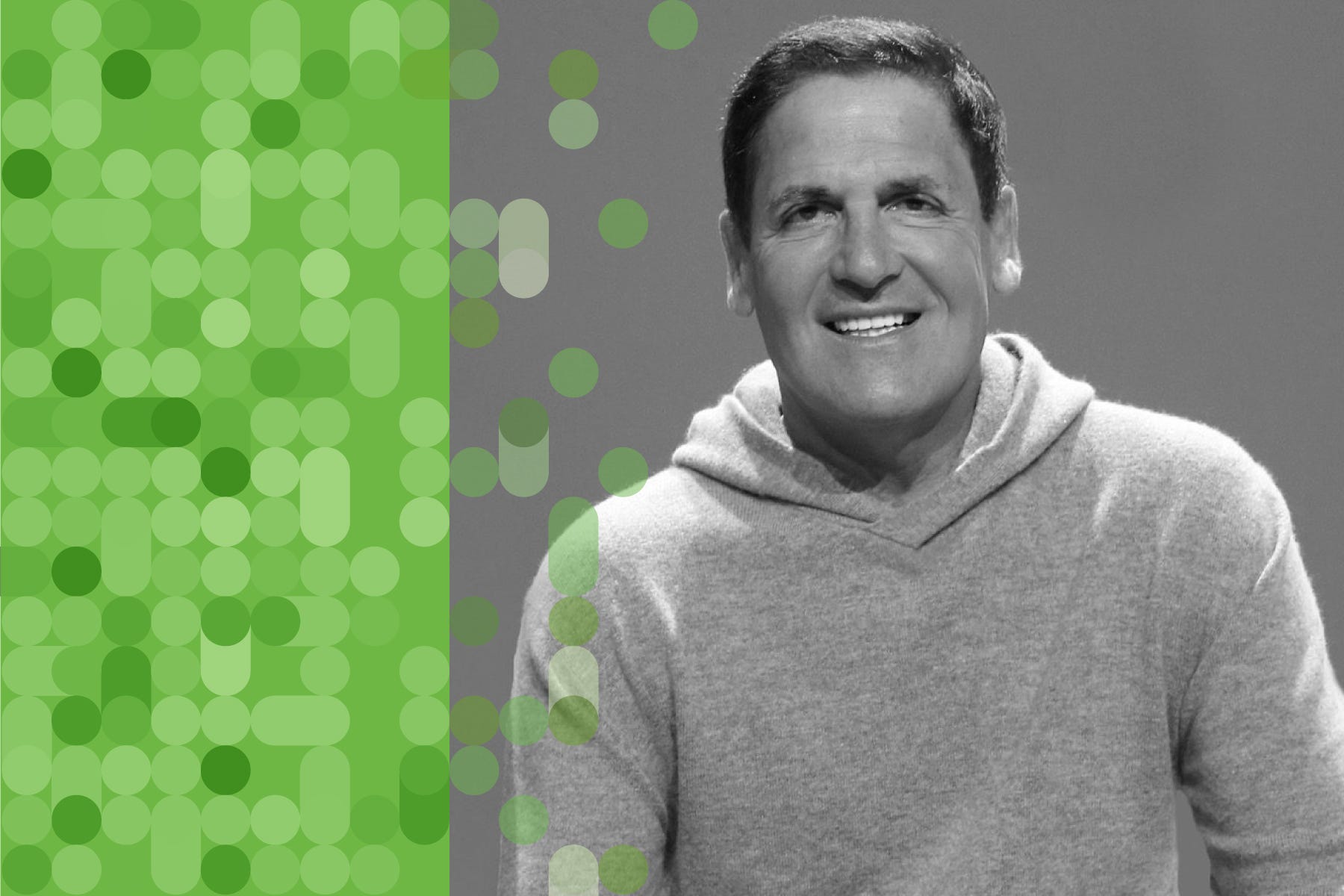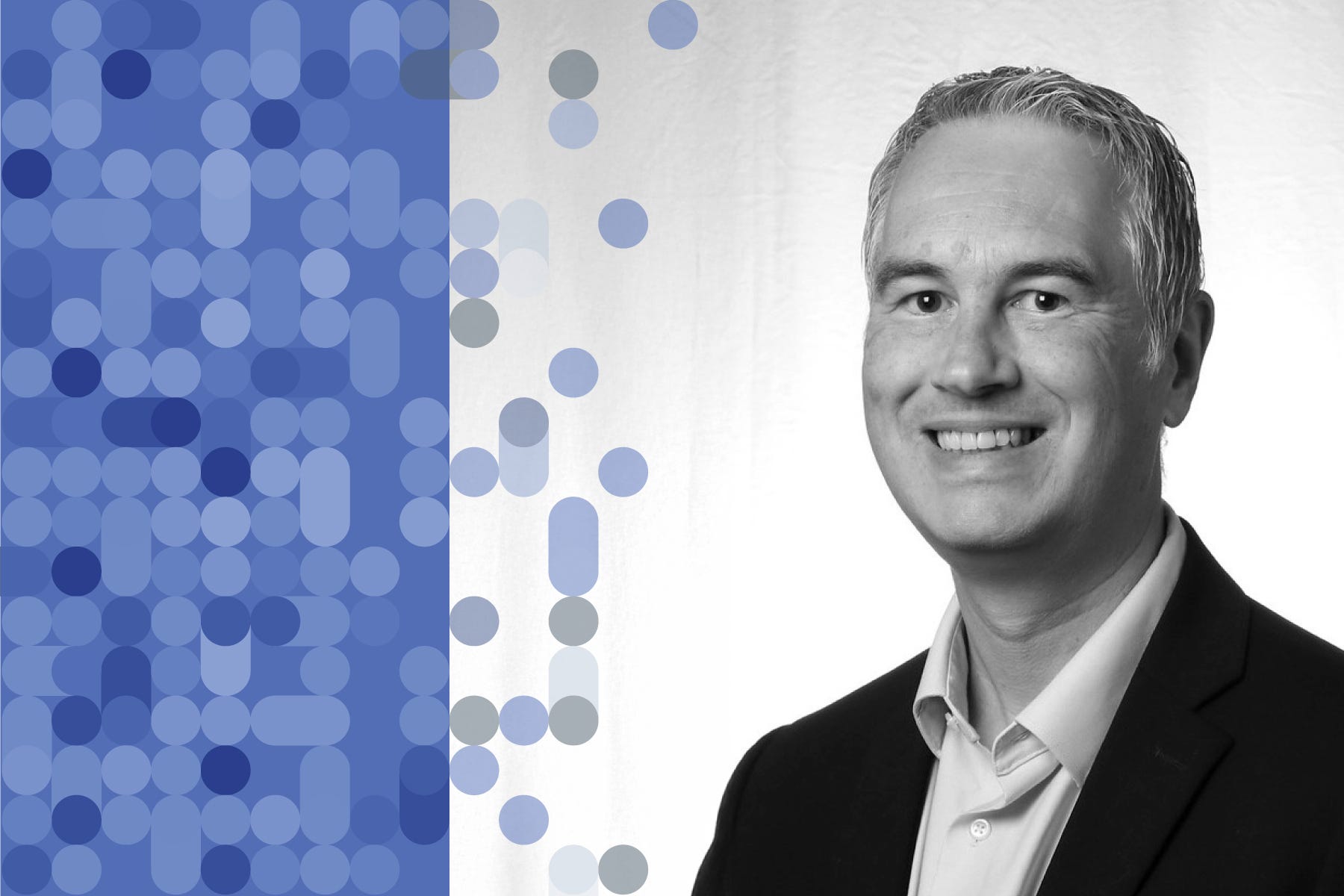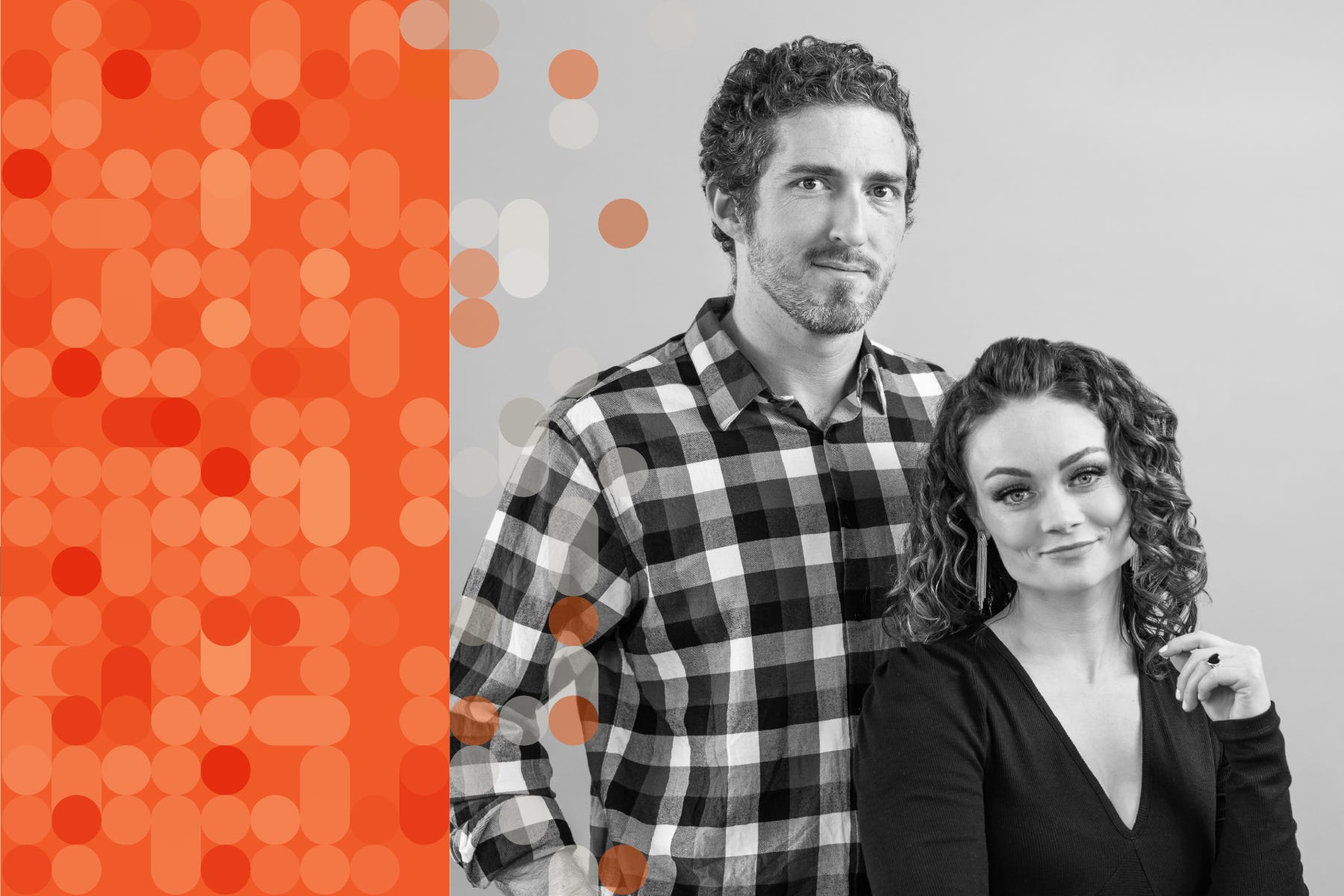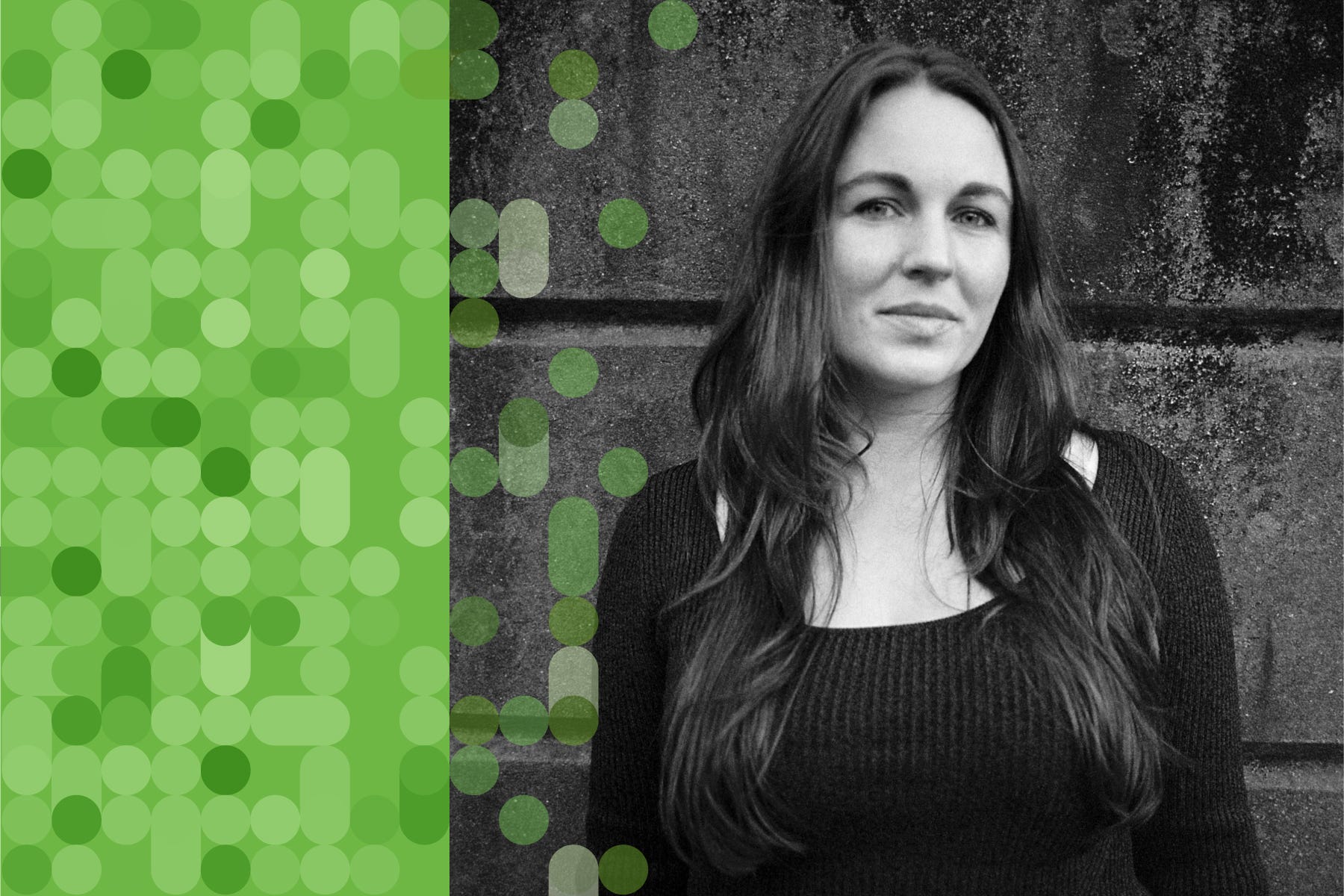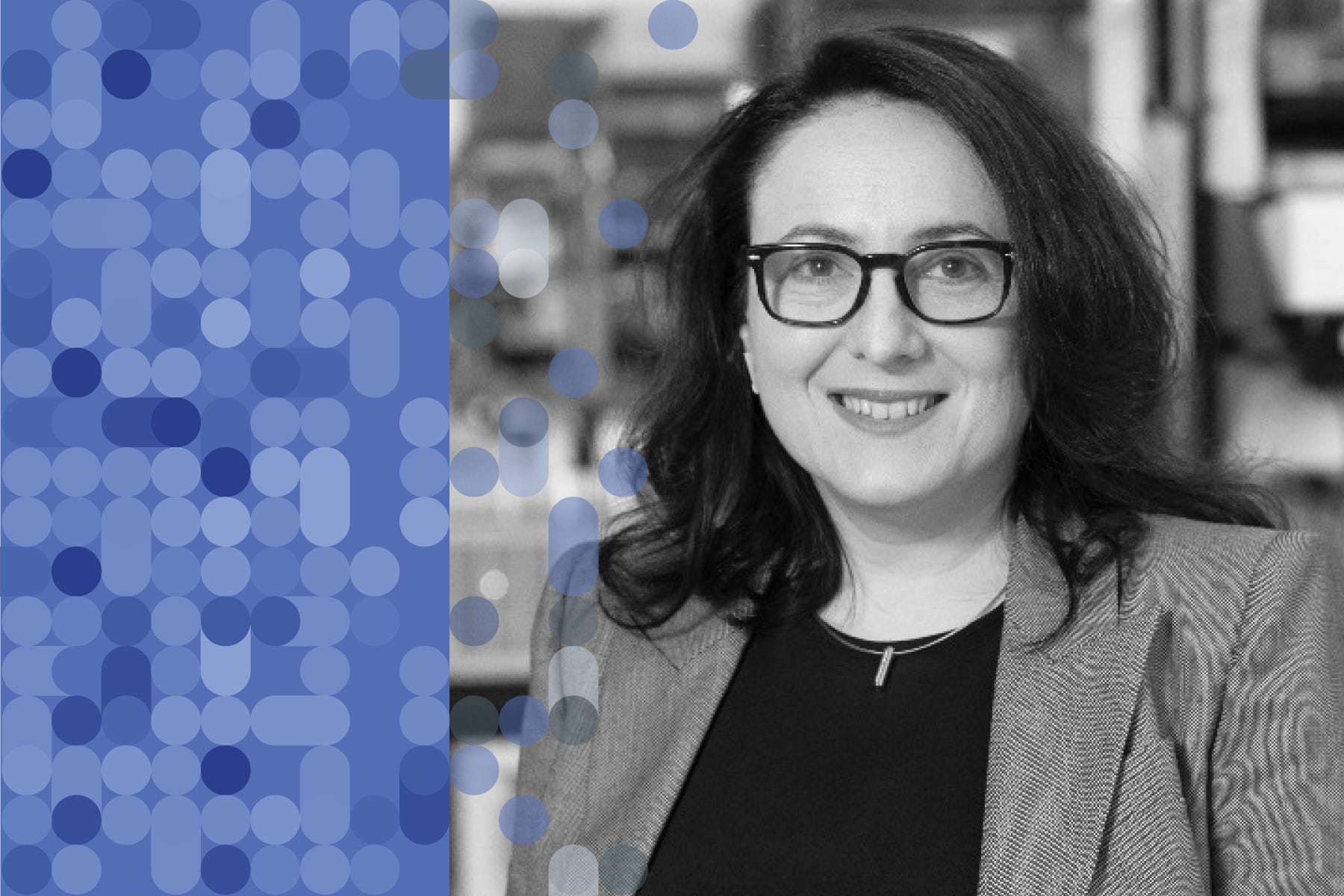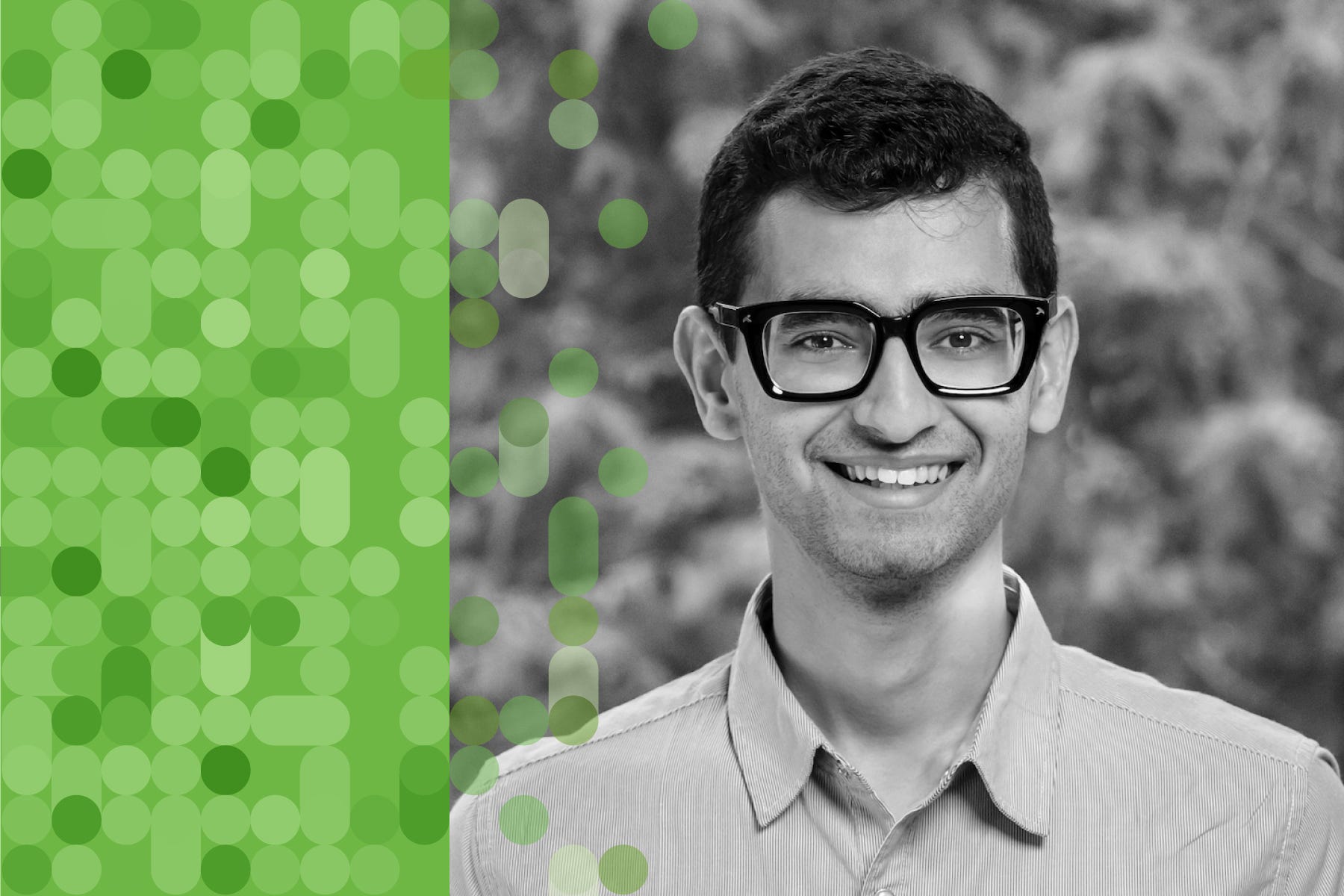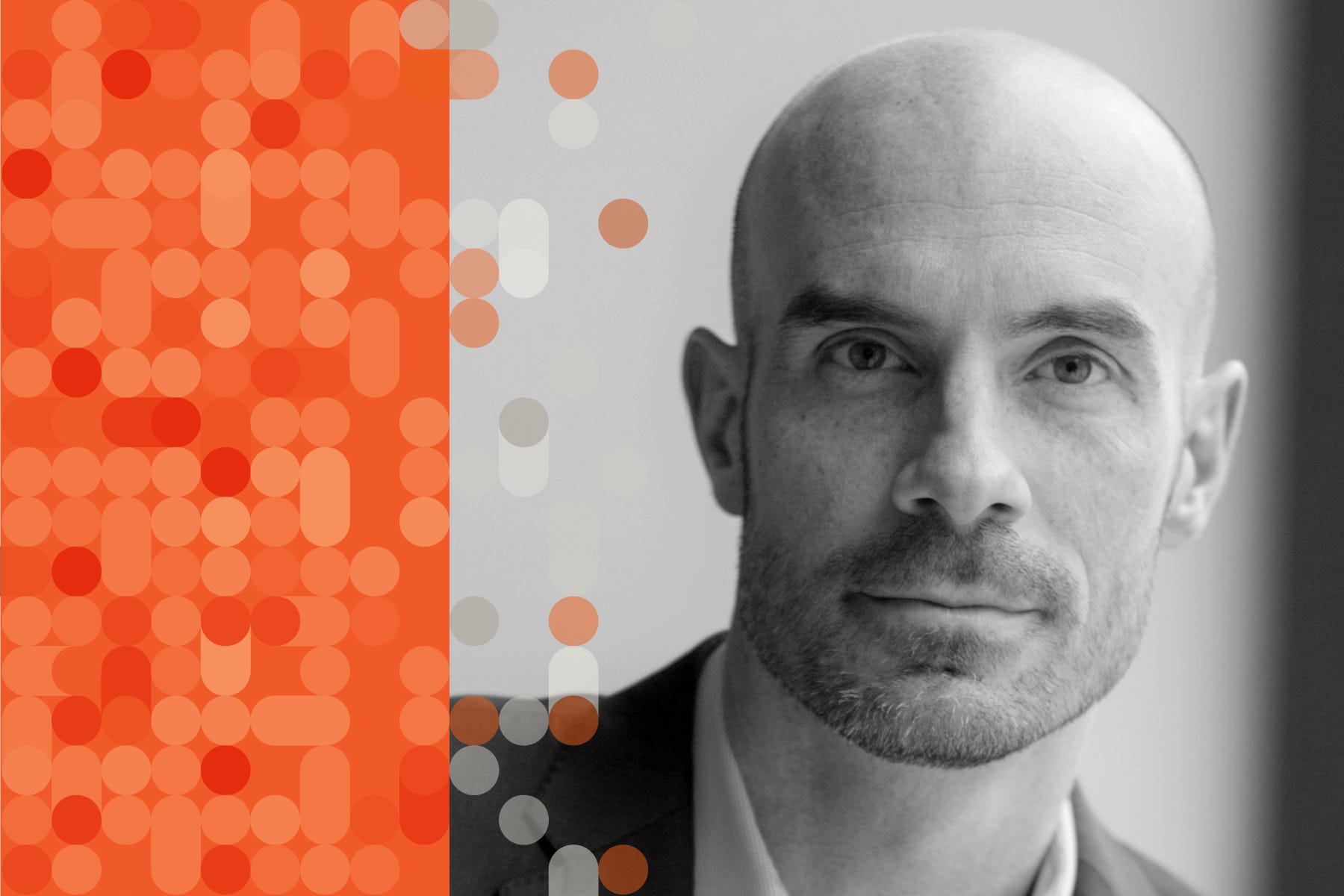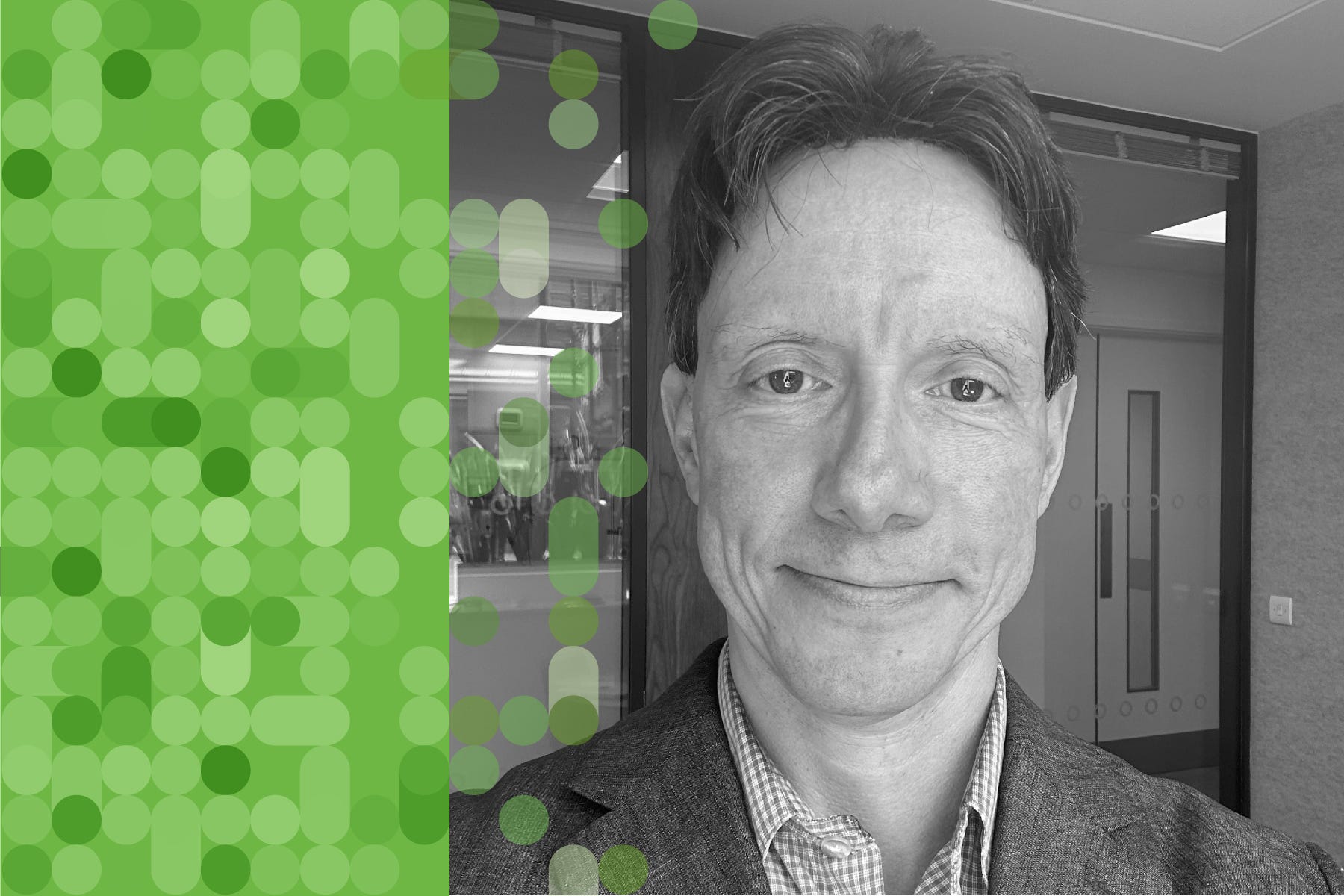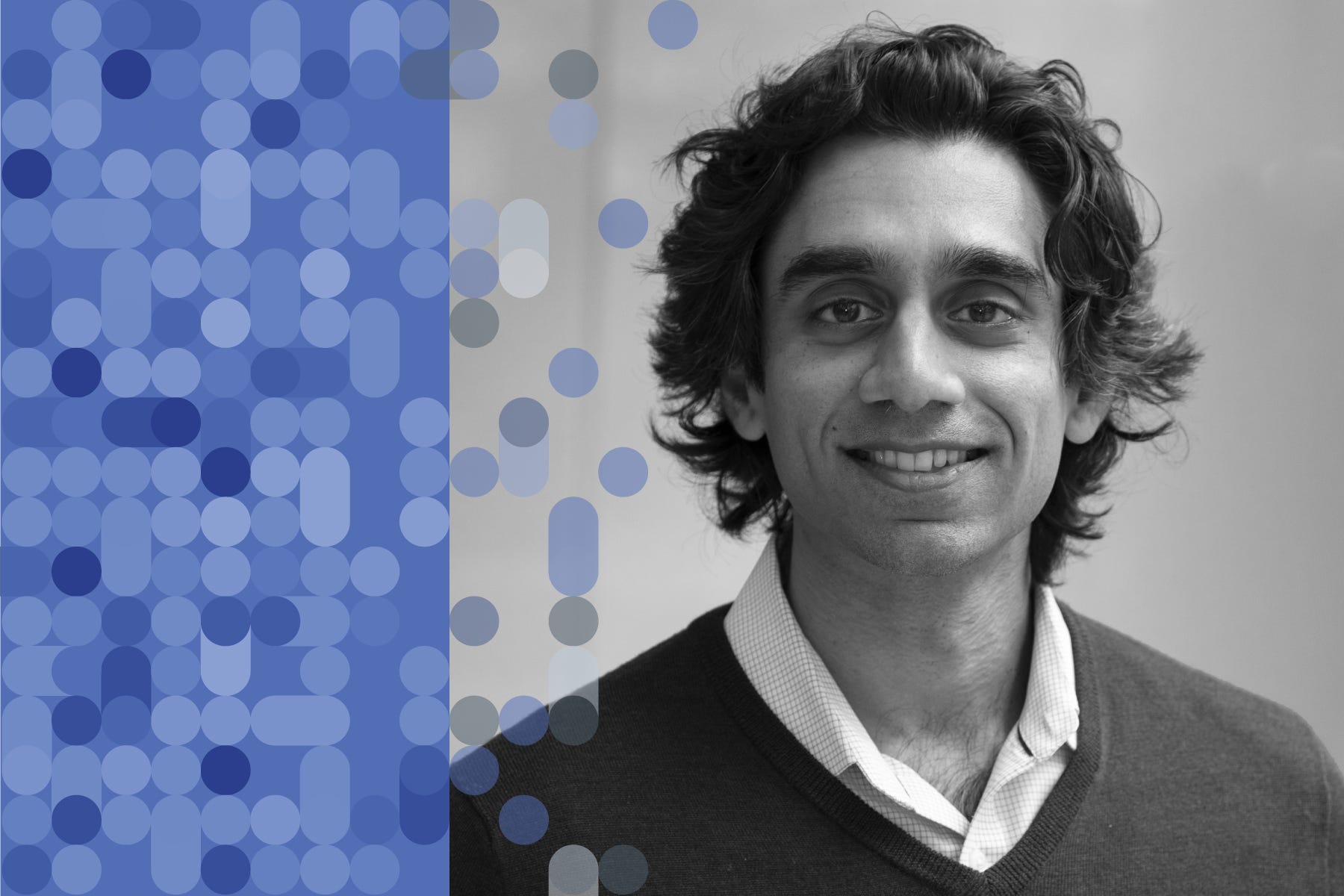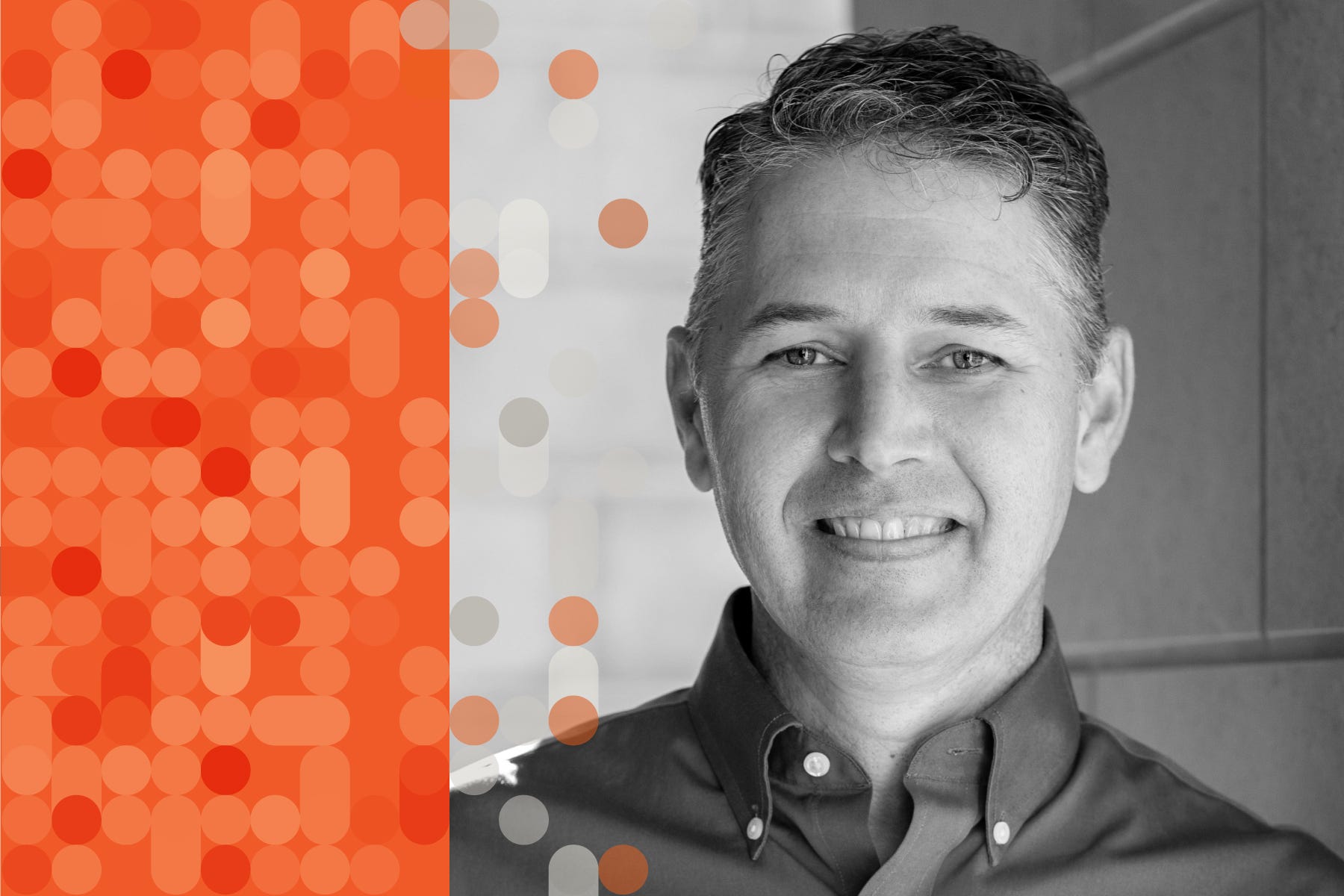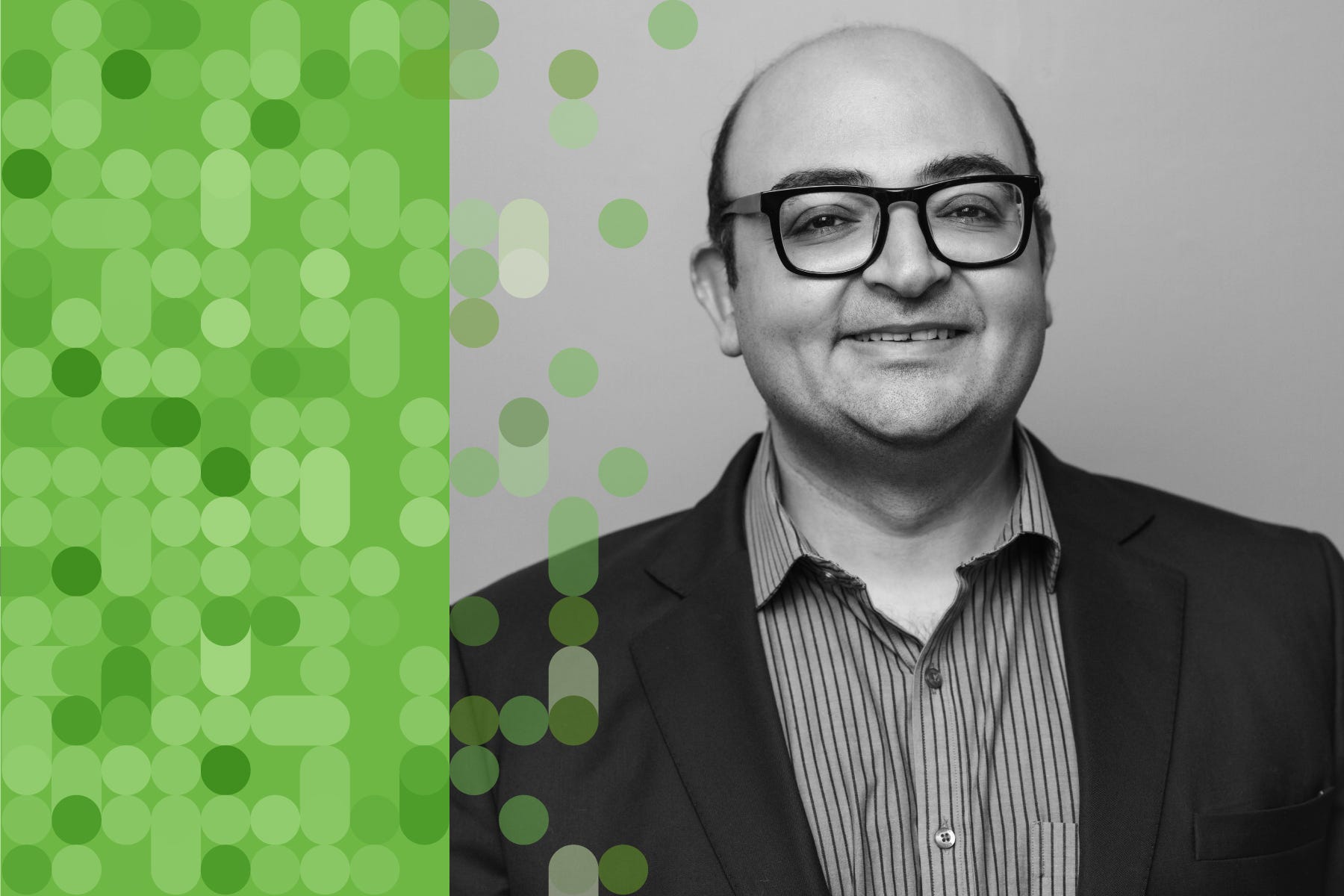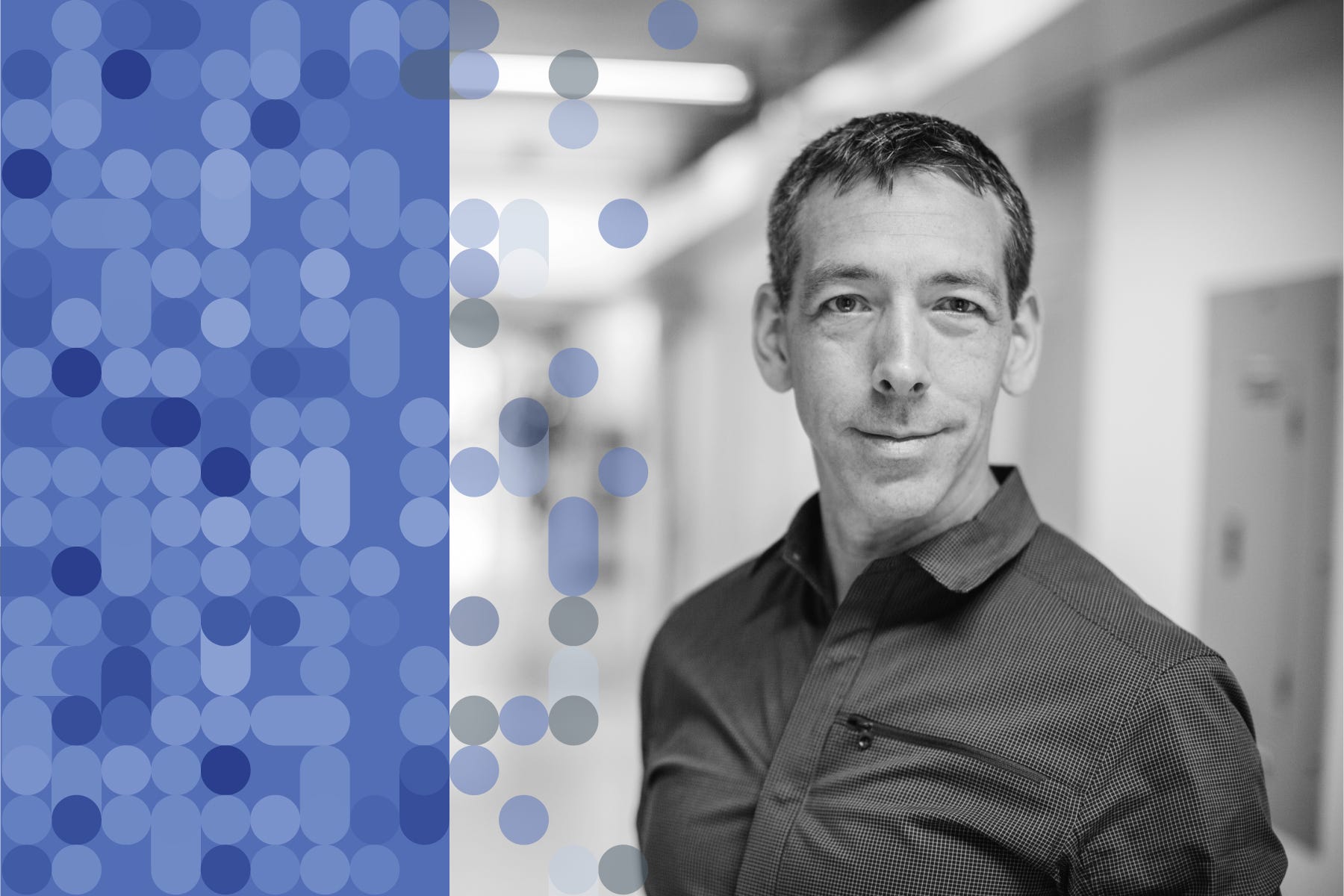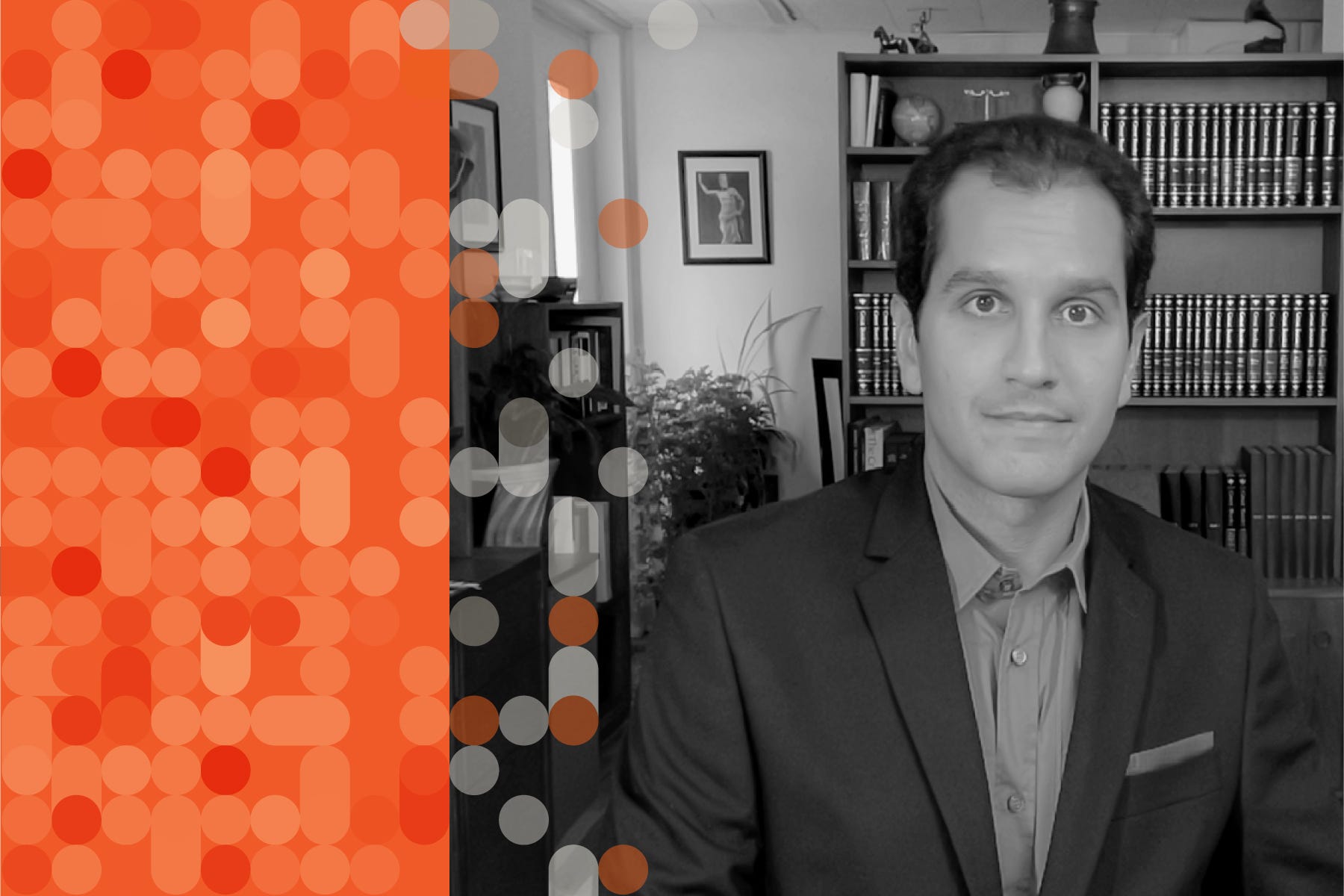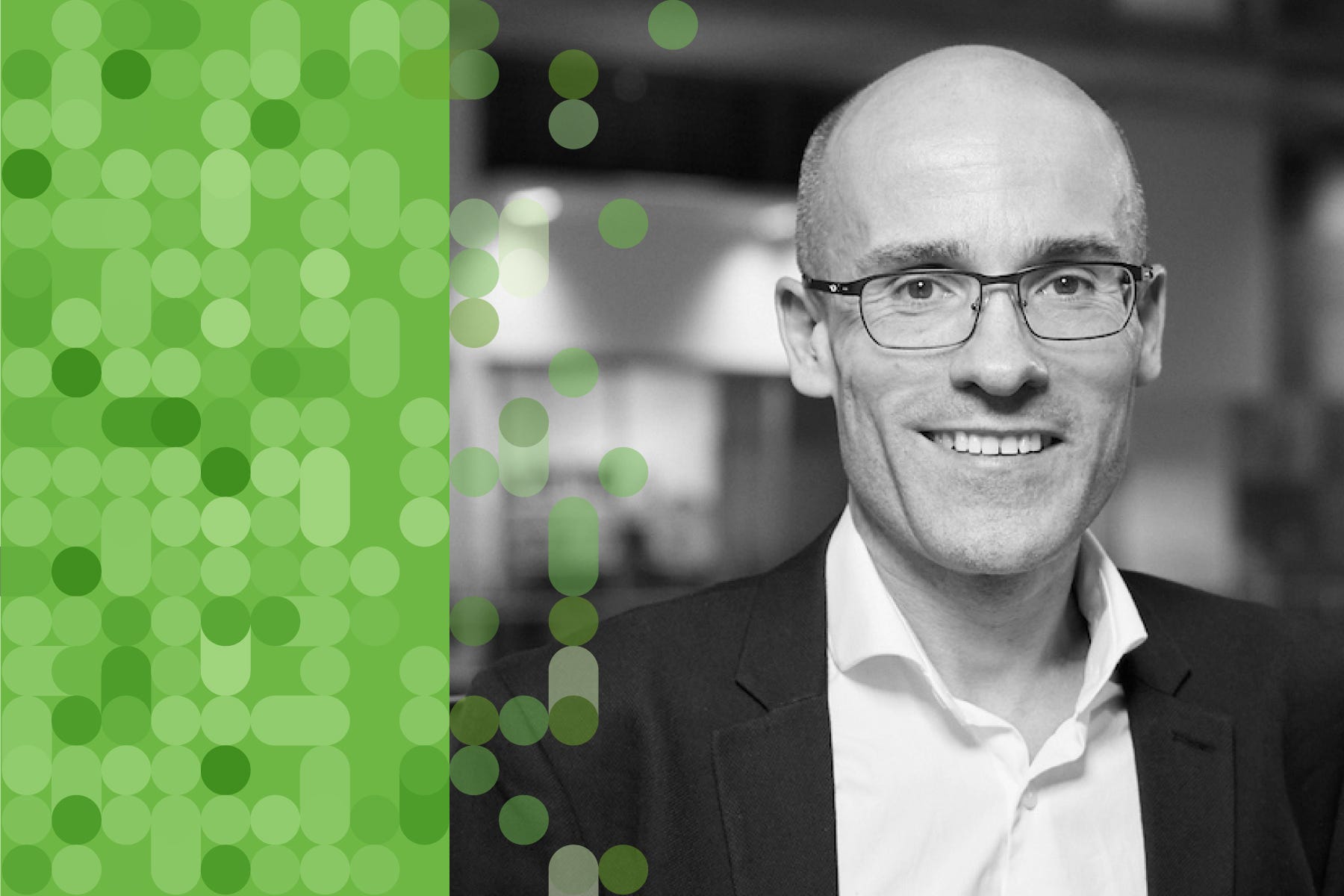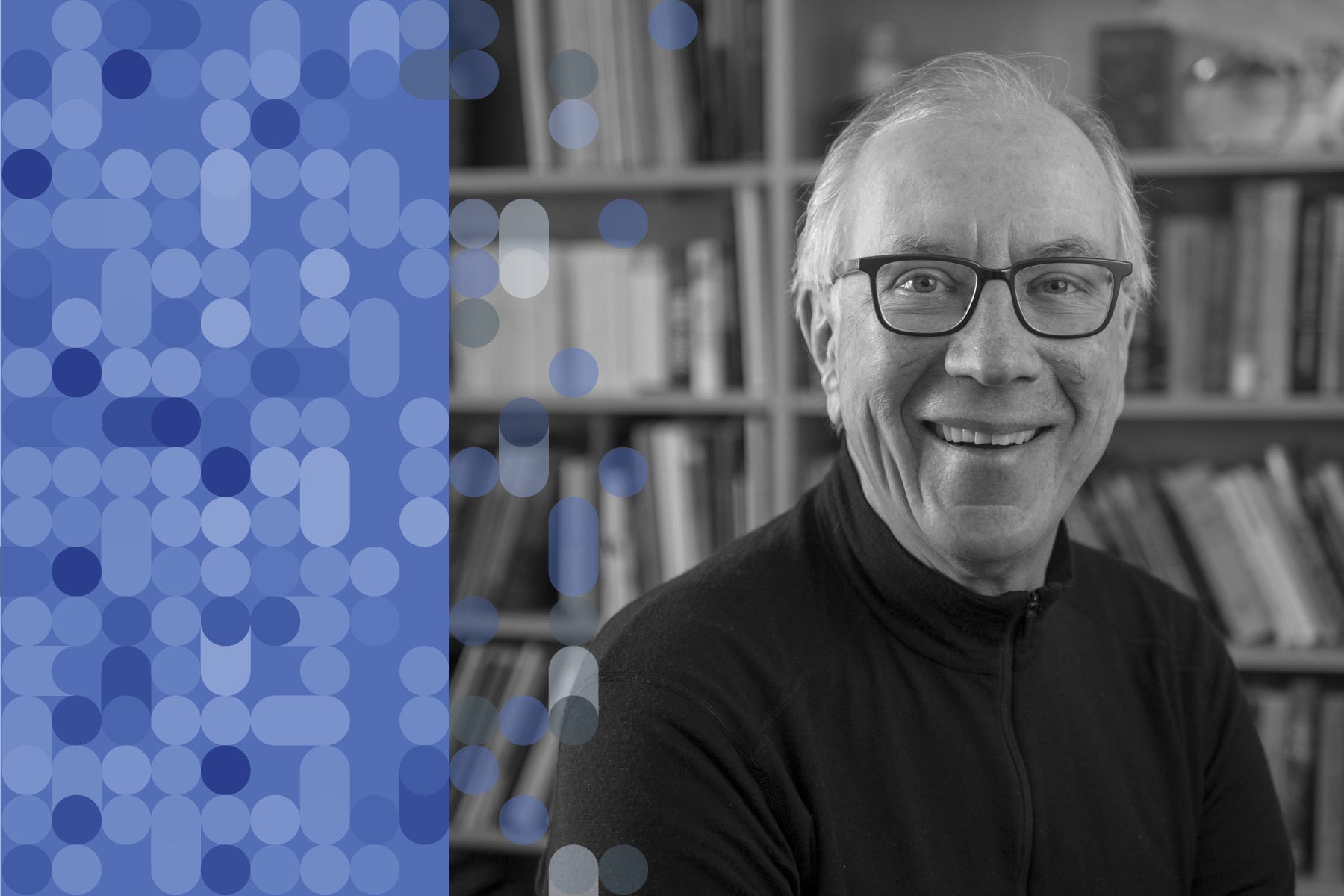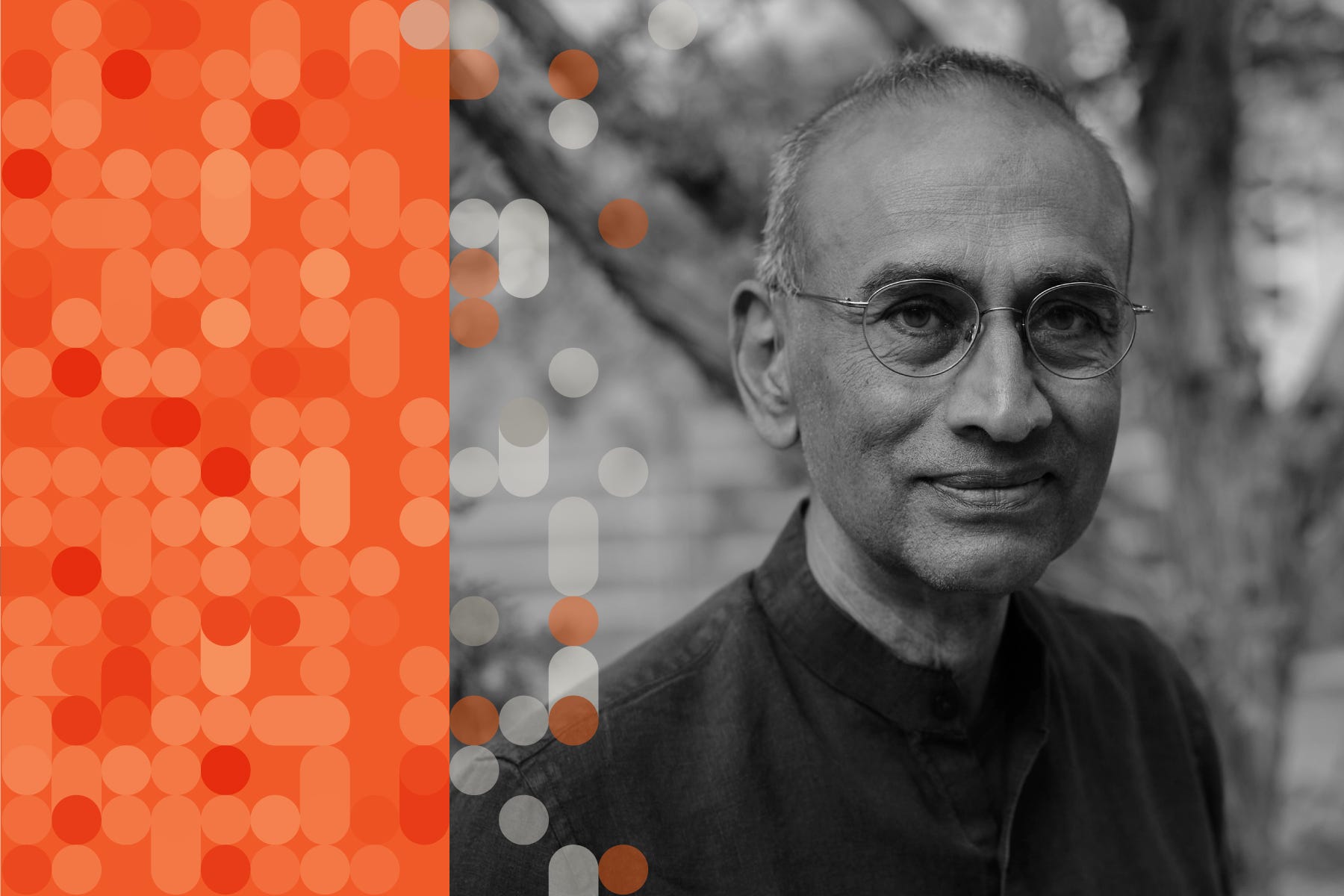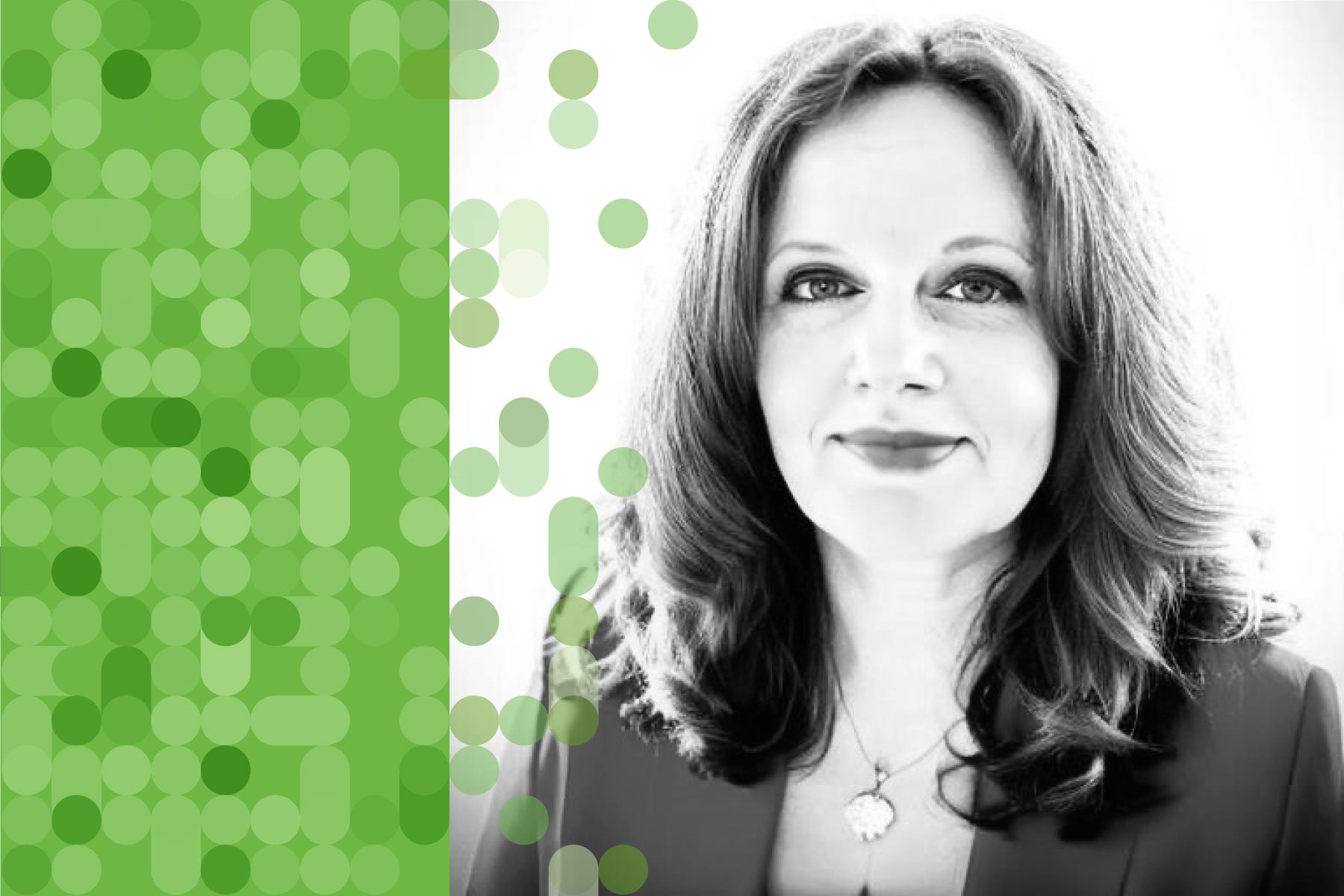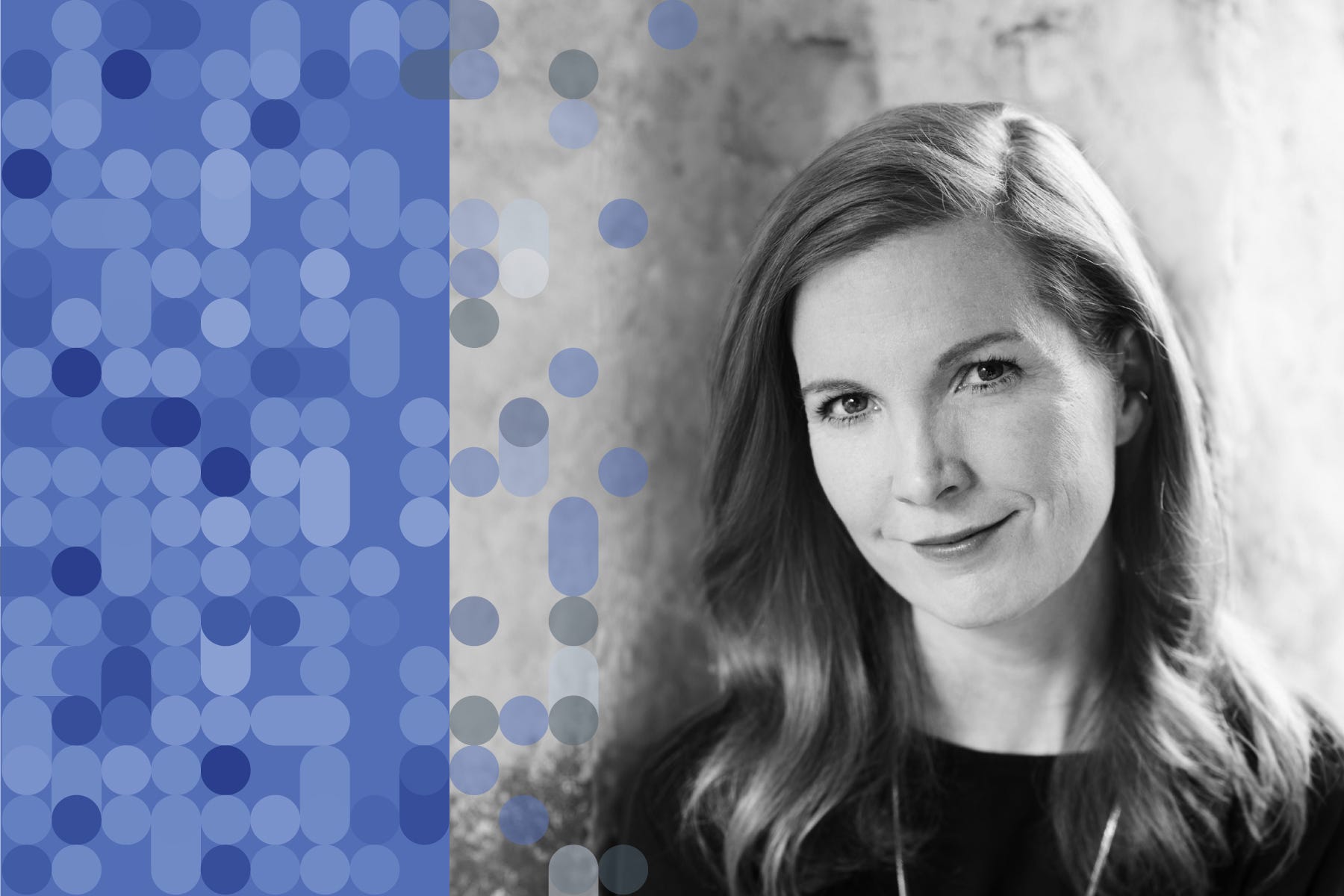Francis Collins: On Truth, Science, Faith and Trust
Description
Francis Collins is a veritable national treasure. He directed the National Institutes of Health from 2009 to 2021. Prior to that he led the National Human Genetics Research Institute (NHGRI) from 1997-2009, during which the human genome was first sequenced. As a physician-scientist, he has made multiple seminal discoveries on the genetic underpinnings of cystic fibrosis, Huntington’s disease, neurofibromatosis, progeria, and others. This brief summary is barely scratching the surface oh his vast contributions to life science and medicine.
A video clip from our conversation on hepatitis C. Full videos of all Ground Truths podcasts can be seen on YouTube here. The audios are also available on Apple and Spotify.
Transcript with external inks and links to audio
Eric Topol (00:06 ):
Well, I am really delighted to be able to have our conversation with Francis Collins. This is Eric Topol with Ground Truths and I had the chance to first meet Francis when he was on the faculty at the University of Michigan when I was a junior faculty. And he gave, still today, years later, we're talking about 40 years later, the most dazzling Grand Rounds during his discovery of cystic fibrosis. And Francis, welcome, you inspired me and so many others throughout your career.
Francis Collins (00:40 ):
Well, Eric, thank you and you've inspired me and a lot of other people as well, so it's nice to have this conversation with you in the Ground Truths format.
Eric Topol (00:49 ):
Well, thank you. We're at the occasion of an extraordinary book you put together. It's the fifth book, but it stands out quite different from the prior books as far as I can tell. It's called The Road to Wisdom: On Truth, Science, Faith and Trust, these four essential goods that build upon each other. And it's quite a book, Francis, I have to say, because you have these deep insights about these four critical domains and so we'll get into them. But I guess the first thing I thought I'd do is just say, how at some point along the way you said, “the goal of this book is to turn the focus away from hyperpartisan politics and bring it back to the most important sources of wisdom: truth, science, faith and trust, resting upon a foundation of humility, knowledge, morality, and good judgment.” So there's a lot there. Maybe you want to start off with what was in the background when you were putting this together? What were you really aiming at getting across?
Reflections on Covid
Francis Collins (02:06 ):
I'm glad to, and it's really a pleasure to have a chance to chat with you about this. I guess before Covid came along, I was probably a bit of a naive person when it came to how we make decisions. Yeah, I knew there were kind of wacky things that had gone out there from time to time, but I had a sort of Cartesian attitude that we were mostly rational actors and when presented with evidence that's been well defended and validated that most people will say, okay, I know what to do. Things really ran off the rails in the course of Covid. It was this remarkable paradox where, I don't know what you would say, but I would say the development of the vaccines that were safe and highly effective in 11 months using the mRNA platform was one of the most stunning achievements of science in all of history up until now.
Francis Collins (03:02 ):
And yet 50 million Americans decided they didn't want any part of it because of information that came to them that suggested this was not safe or there was conspiracies behind it, or maybe the syringes had chips that Bill Gates had put in there or all manner of other things that were being claimed. And good honorable people were distracted by that, lost their trust in other institutions like the CDC, maybe like the government in general like me, because I was out there a lot trying to explain what we knew and what we didn't know about Covid. And as a consequence of that, according to Kaiser Family Foundation, more than 230,000 people died between June of 2021 and April of 2022 because of a decision to reject the opportunity for vaccines that were at that time free and widely available. That is just an incredibly terribly tragic thing to say.
Francis Collins (04:03 ):
More than four times the number of people who died, Americans who died in the Vietnam War are in graveyards unnecessarily because we lost our anchor to truth, or at least the ability to discern it or we couldn't figure out who to trust while we decided science was maybe not that reliable. And people of faith for reasons that are equally tragic were among those most vulnerable to the misinformation and the least likely therefore, to take advantage of some of these lifesaving opportunities. It just completely stunned me, Eric, that this kind of thing could happen and that what should have been a shared sense of working against the real enemy, which was the SARS-CoV-2 virus became instead a polarized, divisive, vitriolic separation of people into separate camps that were many times driven more by politics than by any other real evidence. It made me begin to despair for where we're headed as a country if we can't figure out how to turn this around.
Francis Collins (05:11 ):
And I hadn't really considered it until Covid how serious this was and then I couldn't look away. And so, I felt if I have a little bit of credibility after having stepped down after 12 years as the NIH Director and maybe a chance to influence a few people. I just have to try to do something to point out the dangers here and then to offer some suggestions about what individuals can do to try to get us back on track. And that's what this book is all about. And yeah, it's called The Road to Wisdom because that's really how I want to think of all this in terms of truth and science and faith and trust. They all kind of give you the opportunities to acquire wisdom. Wisdom is of course knowledge, but it's not just knowledge, it's also understanding it has a moral character to it. It involves sophisticated judgment about difficult situations where there isn't an obvious answer. We need a lot more of that, it seems we’re at short supply.
Deconvoluting Truth
Eric Topol (06:13 ):
Well, what I really loved about the book among many things was how you broke things down in just a remarkably thoughtful way. So truth, you have this great diagram like a target with the four different components.
in the middle, necessary truth. And then as you go further out, firmly established facts, then uncertainty and then opinion, and truth is not a dichotomous by any means. And you really got that down and you explained each of these different facets of truth with great examples. And so, this among many other things that you broke down, it wasn't just something that you read somewhere, you really had to think this through and perhaps this experience that we all went through, but especially you. But because you bring so much of the book back to the pandemic at times with each of the four domains, so that and the spider web. The spider web of where your core beliefs
are and then the ones further out on the web and you might be able to work on somebody out further periphery, but it's pretty hard if you're going to get to them in the middle where their main thing is science is untrustworthy or something like that.
Eric Topol (07:36 ):
So how did you synthesize these because the graphics are quite extraordinary?
Francis Collins (07:44 ):
Well, I will say the artist for the graphics is a remarkable graphic design student at the University of Michigan who hap


